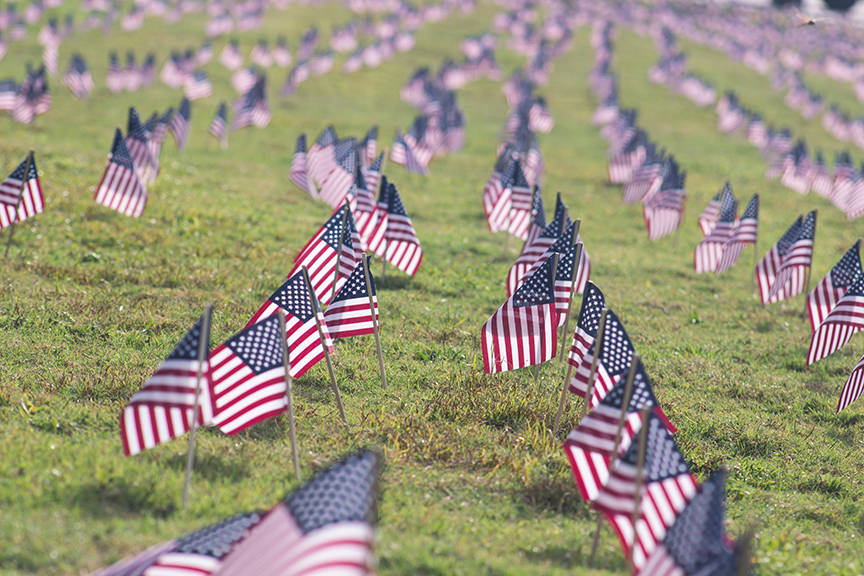I’m not prepared to speculate whether America will go to war with Iran any time in the near future. But even if we don’t, let’s not pretend that the killing of Major General Qassem Suleimani made the world a safer place. Which is exactly what Secretary of State Mike Pompeo wants Americans to believe.
President Donald Trump’s predecessors have made similarly naive boasts.
“My administration has a job to do and we’re going to do it,” President George W. Bush said after terrorists flew planes into the Twin Towers and the Pentagon in 2001. “We will rid the world of the evil-doers.”
He proceeded to remove the Taliban government, which had given sanctuary to Osama bin Laden and his terrorist network that was behind the 911 attacks, by disproportionally obliterating much of Afghanistan.
Then turned his attention to Saddam Hussein, the Iraqi ruled who supposedly sought to build weapons of mass destruction.
America invaded Iraq in March 2003. In May, while standing under a banner declaring “Mission Accomplished,” Bush proclaimed “major combat operations in Iraq have ended” and “securing and reconstructing that country” had begun.
In December 2003, American forces captured Hussein. But a violent insurgency already erupted. Before Hussein was executed, it had escalated into a full-scale civil war that lasted several years.
And a Taliban insurgency rose up to challenge U.S. and allied forces in Afghanistan.
Meanwhile, bin Laden still at large. When President Barack Obama took office in 2008, he made bringing him to justice a top priority. U.S. forces killed bin Laden in May 2011. Obama referred that top-secret operation in the context of making “the world a safer place.”
Two months later, the Syrian civil war broke out. A terrorist group born in the ashes of the Iraq war entered the conflict. ISIS grabbed the world’s attention by publishing videos of prisoner, journalist and civilian beheadings while committing mass murders of Christian and Yazidi minorities.
We haven’t been safer at home either. About 30,000 smaller terrorist organizations that we refer to as gangs continue to operate in America’s impoverished inner cities. And during the past decade, “lone wolf “mass murderers killed almost 400 Americans in churches, schools, theaters, and other public places that are supposed to be safe.
Like the executions of Hussein and bin Laden, the killing Suleimani is not a story about how America’s courage and resolve makes the world safer. Rather than toy with that happily ending fantasy again, we’d ought to examine how and why he became the dangerous adversary who Bush and Obama chose not to kill when they had the chance.
Suleimani was not an Islamic terrorist. He grew up on a small farm in a poor mountain village. His hatred for America is rooted in two places.
First was a debt he claims his father owed to the government ruled by Mohammad Reza Shah, an iron-fisted dictator who came to power in 1953 after the CIA helped overthrow the country’s democratically elected government. His family’s farm was saved by the 1979 Iranian revolution that deposed the Shah.
But the following year Iraq invaded Iran. While America actively supported Iraq and turned a blind eye to its use of chemical weapons against Iran, Suleimani defended his country on or near the front lines throughout the entire eight-year war that claimed a quarter to a half million Iranian lives.
Were he an American, our military would place a high value on Suleimani’s war experience and patriotic sense of duty. What they would hope to avoid, however, is promoting a soldier whose remembrance of the battles he fought became a perverse love of war.
Suleimani was possessed by a demon described by former war correspondent Chris Hedges in his insightful book “War Is a Force That Gives Us Meaning.”
“The rush of battle is often a potent and lethal addiction, for war is a drug,” he wrote. “And those who have the least meaning in their lives … are most susceptible to war’s appeal.”
America has had more than a few soldiers affected by that drug. It happens to gang members too. Terrorist groups are overflowing with them. Killing one or a few changes nothing because waiting in the wings are other monsters who lost their soul to the addictive power of violence and war.
• Rich Moniak is a Juneau resident and retired civil engineer with more than 25 years of experience working in the public sector. Columns, My Turns and Letters to the Editor represent the view of the author, not the view of the Juneau Empire.

